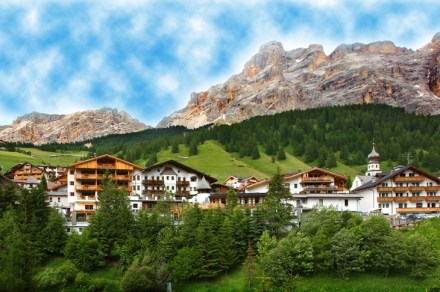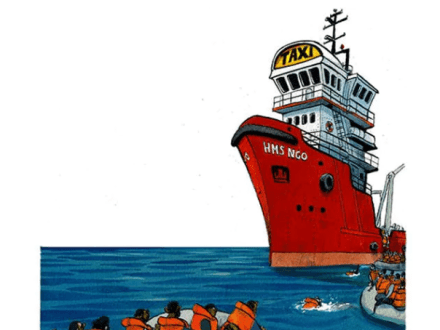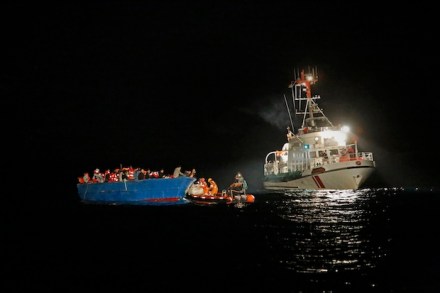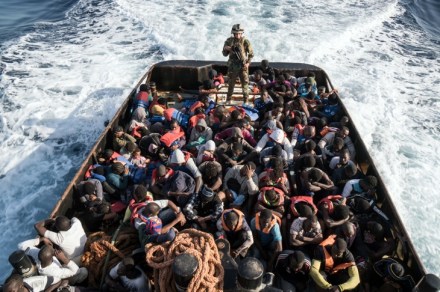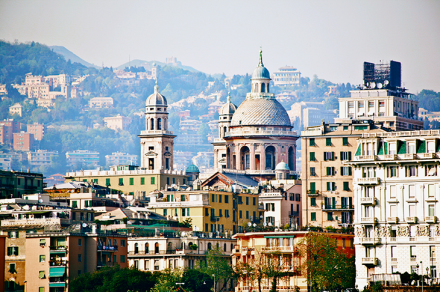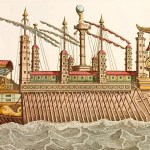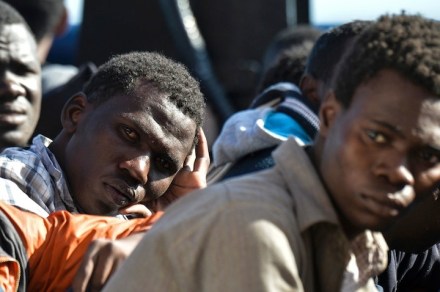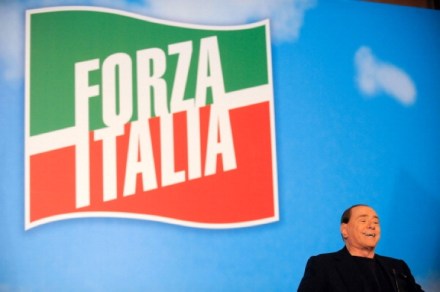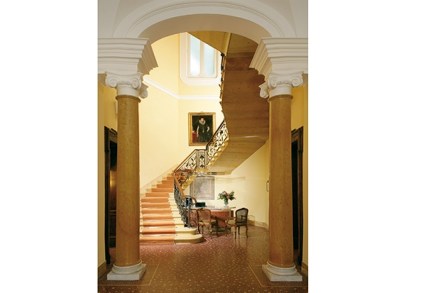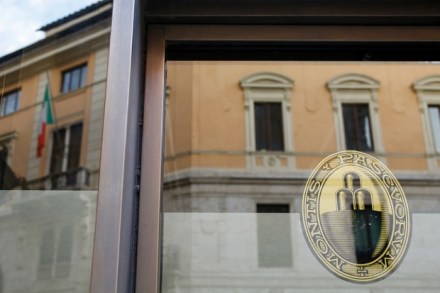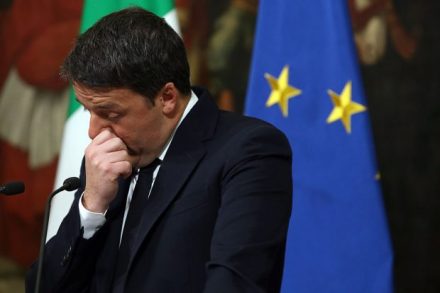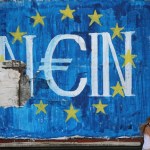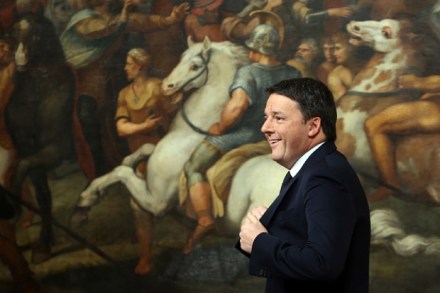Hunt-the-iPhone was the highlight of my hols
For years, Caroline and I have been squabbling over where to spend our summer holidays. Her ideal is a family-friendly Mediterranean resort where she can lie on a beach reading a paperback, while mine involves renting a car and driving from place to place, staying in Airbnbs and packing in as many ‘fun’ activities as we can. Last year she got her way; this year it was my turn. So we took an easyJet flight from Gatwick to Munich. Admittedly not perfect, given that we were going to Italy, but it was the cheapest deal I could find: £450 all-in, including the kids. A bargain, even factoring in a 6.25
